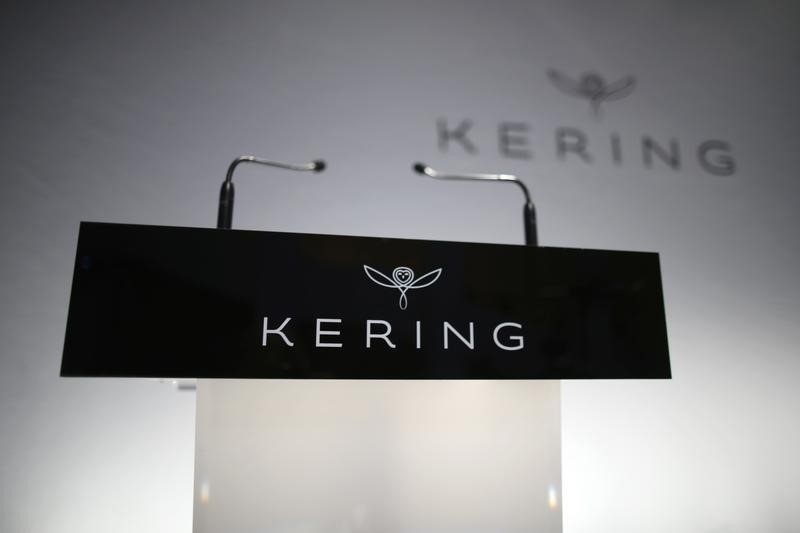
- Stocks
Kering shares fall due to weaker demand
Do you want to know how to make money from this?
Register for free and get expert advice, access to a training course and webinars.
Key points:
- Kering shares fell 15% in early trading, resulting in a loss of 7.9 billion euros ($8.6 billion) in market capitalization.
- Gucci, which accounts for half of the group’s sales and two-thirds of profits, is struggling to revive sales momentum.
- Expectations for a strong economic recovery in China have not materialized.
Shares of Kering, which owns luxury brands including Gucci, Saint Laurent and Balenciaga, fell sharply on Wednesday. The drop portends the worst day in the company’s history on the stock market. The collapse was triggered by Kering’s warning of a 20% decline in Gucci sales in the first quarter. The main reason for the decline is the low demand for luxury goods in the Asian region.
A sharp drop
Kering shares were sharply lower in early trading, falling about 15%. The drop resulted in a loss of 7.9 billion euros ($8.6 billion) in the company’s market capitalization. Kering’s decline in share price has had a negative impact on other luxury goods companies. Shares of LVMH and Hermes also fell.
The fall in Kering shares is associated with the problems faced by the fashion house Gucci. Gucci, which accounts for half of the group’s sales and two-thirds of profits, is struggling to revive sales momentum. Economic headwinds in key markets, especially China, are also weighing on Kering.
Change in consumer tastes
Kering forecasts a 10% decline in group sales in the first quarter of 2024. This is significantly worse than consensus expectations, which suggested a decline of 3%.
Gucci’s revamp of its range to include more classic styles is not resonating with consumers. This may be due to the fact that products such as leather bags are marketed as high-end but do not suit consumer tastes.
Challenges with the Asian market
The Kering situation could have a negative impact on the entire luxury goods sector. Analysts have expressed concern about the slowing growth of the Chinese economy, the debt crisis in the real estate sector and high youth unemployment. These factors may lead to a decrease in demand for luxury goods.
Expectations for a strong economic recovery in China have not materialized. Consultancy Bain forecasts the Chinese luxury goods market to grow in the mid-single digits in 2024, well below 2023’s 12%.
The decline in demand in China has a negative impact not only on the fashion industry. Recently, this factor has become one of the main factors in cases of falling oil prices.
As industry growth slows, the fortunes of fashion brands are diverging. Brands that offer very high-end products, such as Hermes and LVMH, perform better than smaller competitors such as Burberry.
Kering shares have lost more than a third of their value over the past year, the worst performance of any luxury company after Burberry. At the same time, Hermes shares rose 34%.
Do you want to know
How to make money from the news
Register for free and get:
- Expert consultation;
- Access to the training course;
- Opportunity to participate in webinars

